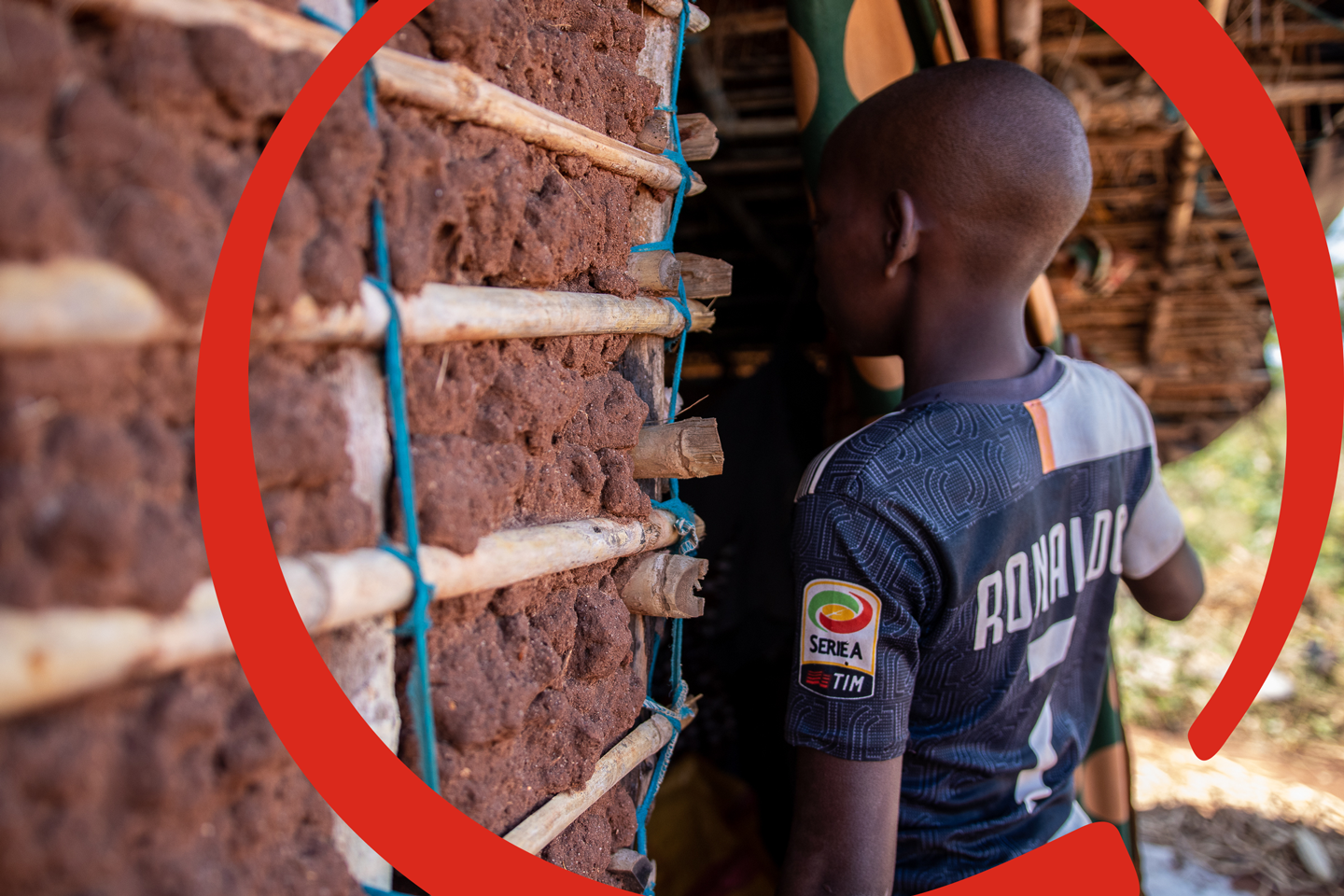The number of unaccompanied or separated children fleeing Cabo Delgado for resettlement centres in Montepuez increased by 40% in July, according to new data from Save the Children. The increase, from 395 children at the end of June to 550 at the end of July, highlights the devastating impact of the ongoing conflict in Mozambique on children, the organisation said.

Save the Children’s child protection staff registered an average of five unaccompanied or separated children per day arriving in camps last month. Many of these children were separated from their parents or caregivers while fleeing for their lives during the conflict. Others had lost parents to the violence. Save the Children is gravely concerned for the mental and physical wellbeing of the hundreds of unaccompanied and separated children in Cabo Delgado. Separated children face enormous challenges in meeting their basic needs, lacking the people in their lives who would usually help them find food, water, and shelter.
Luis, 14
One such child, Luis, 14, has been living with his neighbour Andre, 71, after his father was murdered in the conflict and he was separated from his mother and sister.
Over 335,000 children displaced
Over 336,000 children have been displaced by the conflict in Cabo Delgado, which continues to deteriorate in the northern province of Mozambique. In the last week of June alone, almost 5,000 people moved from Palma to other districts as a result of the conflict. At least 1,461 people have died as the result of direct civilian targeting, including an unknown number of children. At least 51 children, most of them girls, have been abducted over the past 12 months.
Save the Children has been providing child protection programming, including family tracing and reunification, and mental health and psychosocial support for separated and unaccompanied children, as well as child victims of abuse, and those showing signs of profound traumatic impacts.
“We call on all parties to this conflict, including the newly arrived international forces, to ensure that children are protected in Cabo Delgado. All actors must respect international humanitarian and human rights laws and take all necessary actions to minimise incidental civilian harm. Greater monitoring must also take place of any violations, including through the Office of the UN Special Representative of the Secretary-General for Children in Armed Conflict mechanism, so that the perpetrators of violence against children can be held to account.